
Eco-friendly actions to adopt every day
We now know that plastic takes several hundred years to degrade in our soils and oceans, with the consequences that we know.
We all have a role to play and it is important that everyone can take action on a daily basis at their own level to reduce their impact on the planet.
Here are some tips for adopting these small eco-friendly actions in your daily life.
- Stop using plastic water bottles and finally invest in a reusable water bottle, which you fill out at your convenience
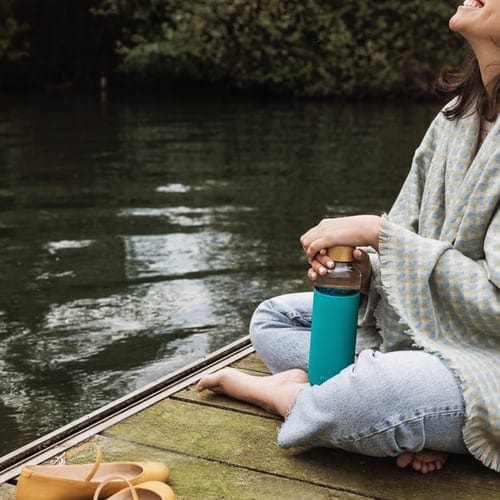
Let's put an end to preconceived ideas about tap water. We often have access to quality drinking water, so why deprive ourselves of it?
- Buy in bulk to avoid overpackaging
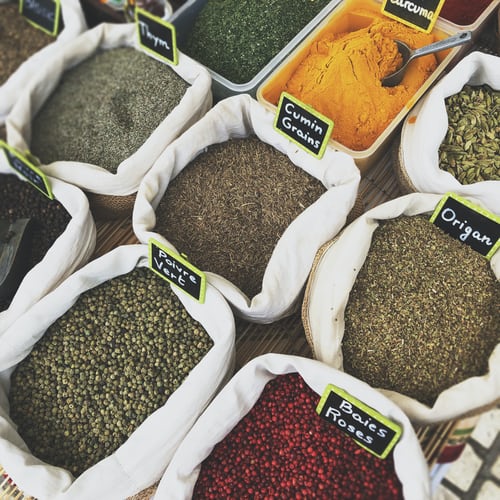
You can find all types of food now: specialist shops or markets, you will find legumes (rice, pasta, lentils, chickpeas, etc.), fruits, vegetables, flours, coffee, sweets, in short you will find everything in bulk.
Without packaging, these are often cheaper per kilo, so if that means you pay less, you might as well take advantage of it, right?
- Plan your meals to avoid food waste and save you time during the week
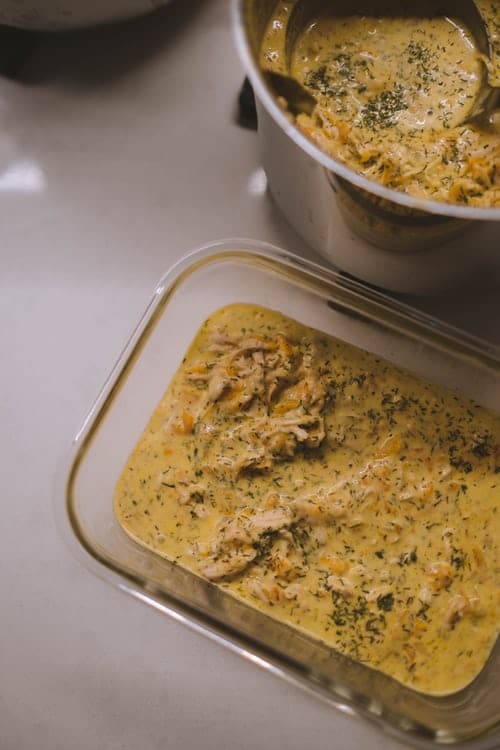
Home cooking because the less processed the food, the more ecological it is
20% of the food produced ends up in the trash without being consumed
Cook your ripe fruits (jams, smoothies, compotes) instead of throwing them away
- Use natural solid soaps/shampoos

There are too many chemical ingredients and packaging in regular products.
These solid products are often more moisturizing and respectful of our skin. They are more economical because they last longer (up to 55 shampoos with those of the brand BKIND for example) and ecological because they do not generate any waste behind them
- Promote second-hand goods
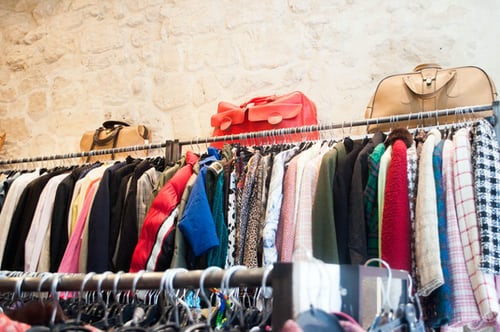
Look to second-hand goods (furniture, clothing, electronics, etc.)
Very often you will come across real deals with almost new or lightly used products and therefore for much less.
For clothes, favor thrift stores, online resales, etc.
See my article « How to dress without breaking the bank » on the blog
- Bet on DIY with your household and/or cosmetic products
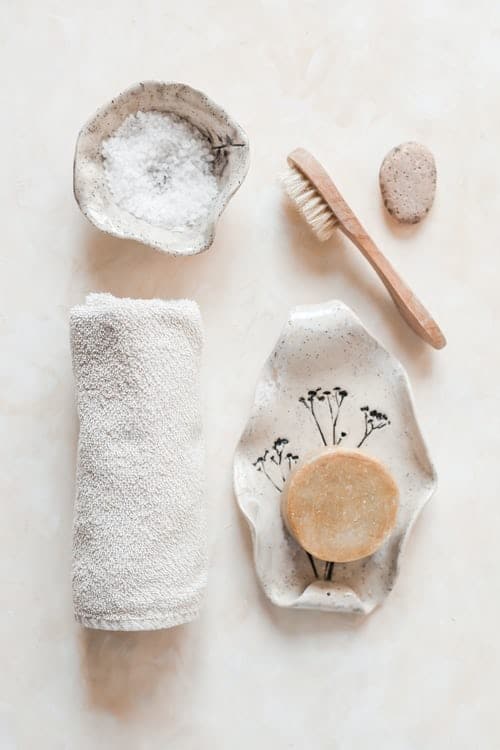
The purchase of ingredients is often usable from one product to another, and thus allows us to save money. Hygiene products are still expensive in stores
There are all kinds of recipes available to everyone online.
- Use a bamboo toothbrush
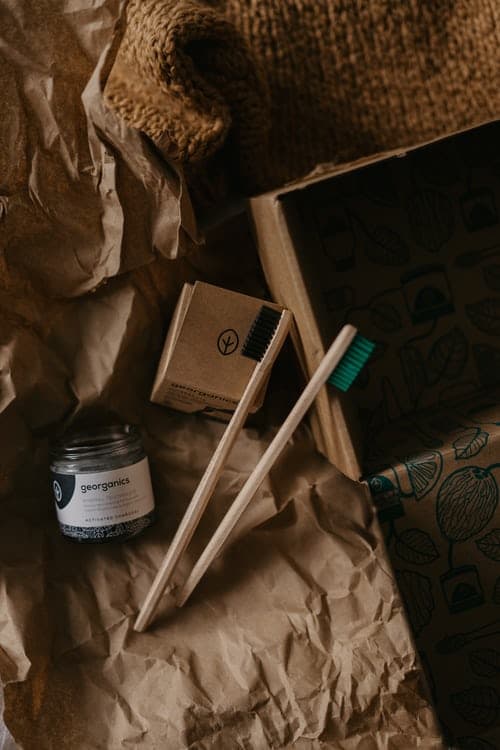
In fact, bamboo is an ecological raw material which has the advantage of growing very quickly, requiring little water and requiring no pesticides.
Once your toothbrush is worn out, all you have to do is remove the bristles and you can put it in the compost.
- Adopt the bike if your environment and climate allow it

It's not always easy to set up, I agree.
But if you have a bike, it will save you a lot of money on gas. While getting some exercise, you might as well combine business with pleasure 😉
- Buy only the essentials

Avoid overconsumption, for example, by buying the latest trendy product. It always ends up on a shelf gathering dust.
The idea: give yourself 48 hours before deciding to buy something, to combat your impulse purchases. If after 48 hours you still want to, so be it. In fact, often the impulsive desire disappears quickly, it is more often a purchase impulse than a desire for the item itself.
- Favor reusable canvas bags
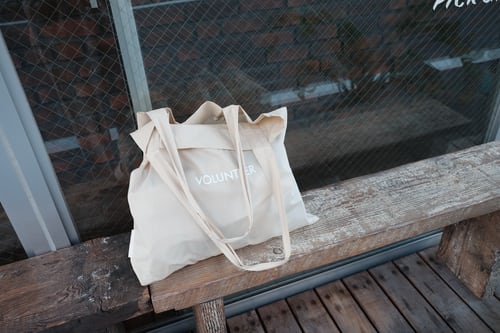
A real ally for your outings: it is easily foldable and washable.
There are all kinds of releases, patterns, inscriptions, really something for everyone.
The little fashion accessory of recent years, what's more.
- Choose washable diapers
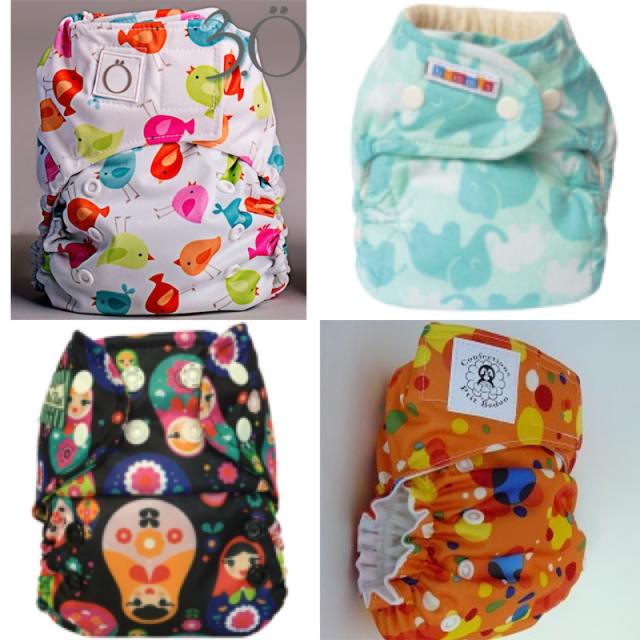
It's practical and sustainable! This practice is gaining popularity
All the more so because they are beautiful, with designs that are all as inventive as each other.
And no more waste!
- Use reusable washable makeup remover wipes
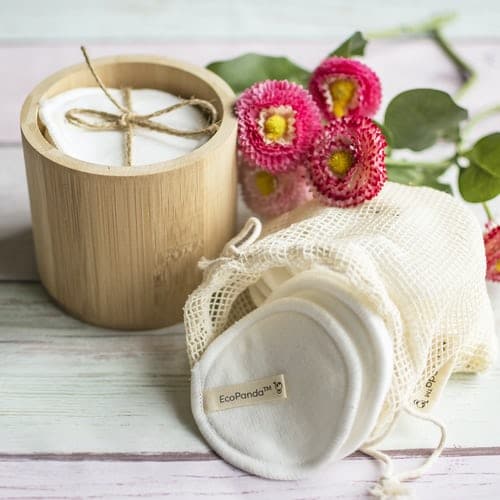
This way you avoid cosmetic products and cotton, which is not a very ecological material.
Switch to washable and reusable pads or wipes galore.
- Get into composting to help reduce the amount of domestic waste
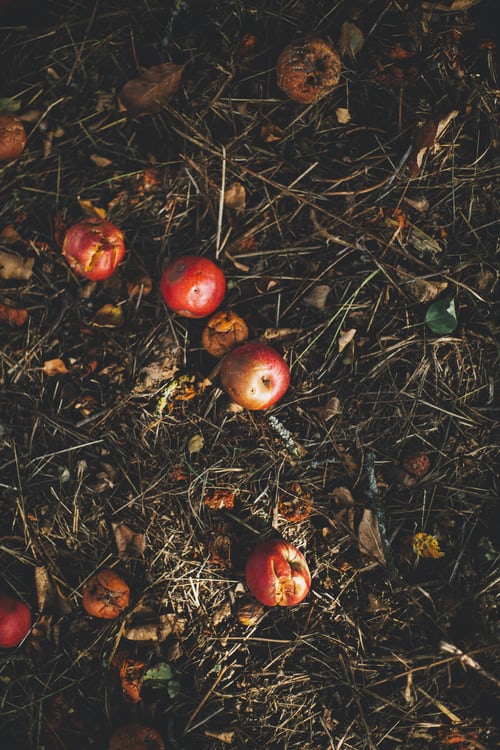
It is a simple and natural solution that consists of returning your organic materials to the soil.
- Return your unused and expired medications to the pharmacy, in order to combat waste
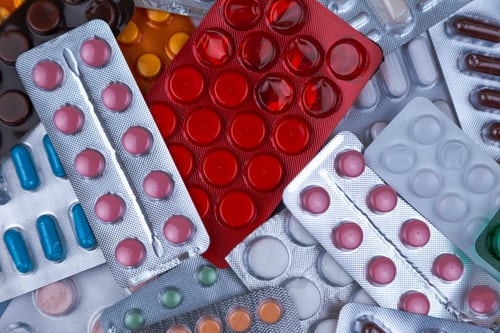
- Avoid coffee capsules and promote coffee beans
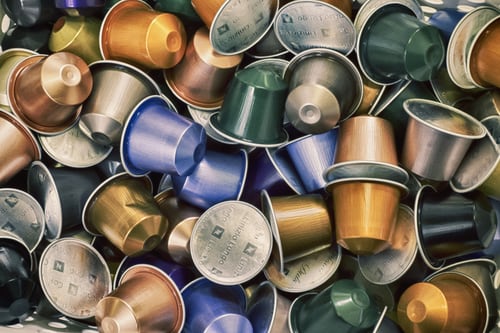
Every year, 9 billion capsules are sold worldwide and represent 40,000 tons of waste. Only a portion of these capsules are recycled since they are not composed solely of aluminum (which is infinitely recyclable).
- Buy local and therefore rely on short supply chains
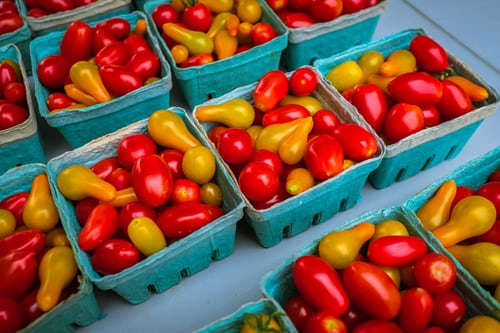
The further a product comes from, the larger its carbon footprint.
Supporting your local producers allows you to benefit from quality, seasonal fruits and vegetables, which are therefore very rich in minerals.
- Empty your mailbox to counter digital pollution.

Yes, because an email can generate up to 10 g of CO2 per year! That’s huge!
- Use more single-use menstrual products (like the menstrual cup)
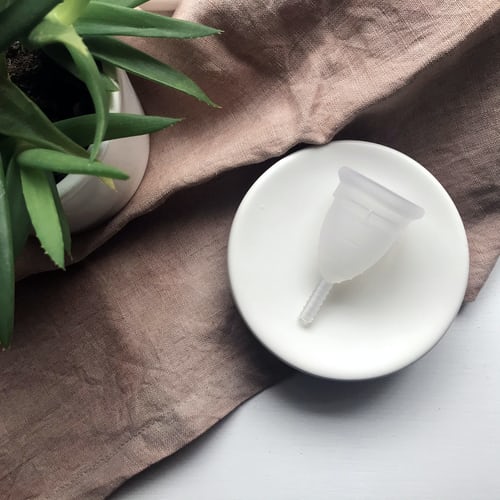
During a woman's lifetime, she uses an average of between 10,000 and 15,000 menstrual products, which generates more than 45 billion pieces of waste per year.

